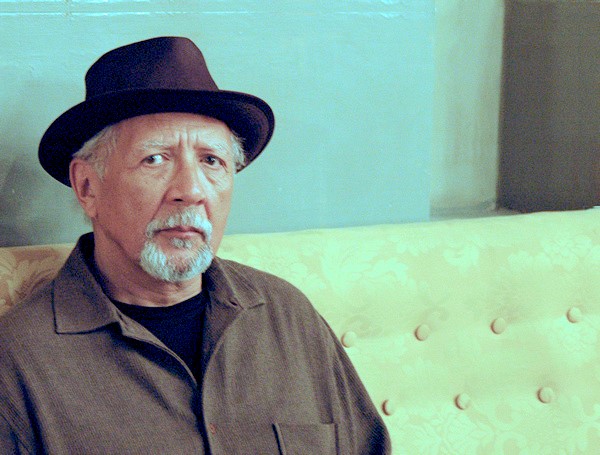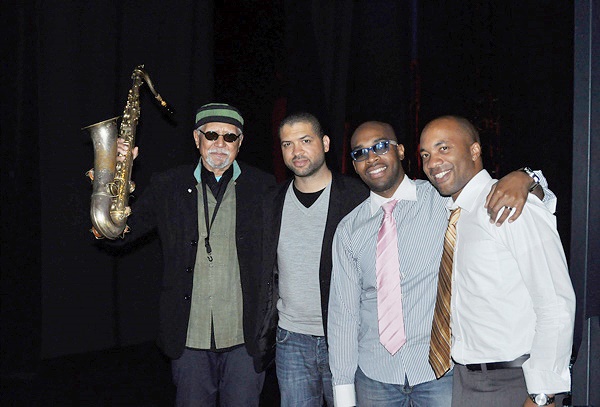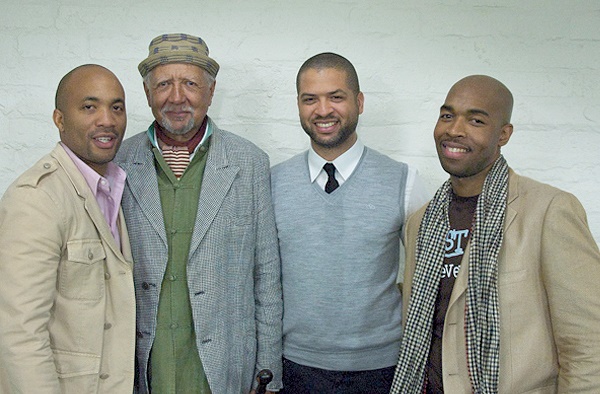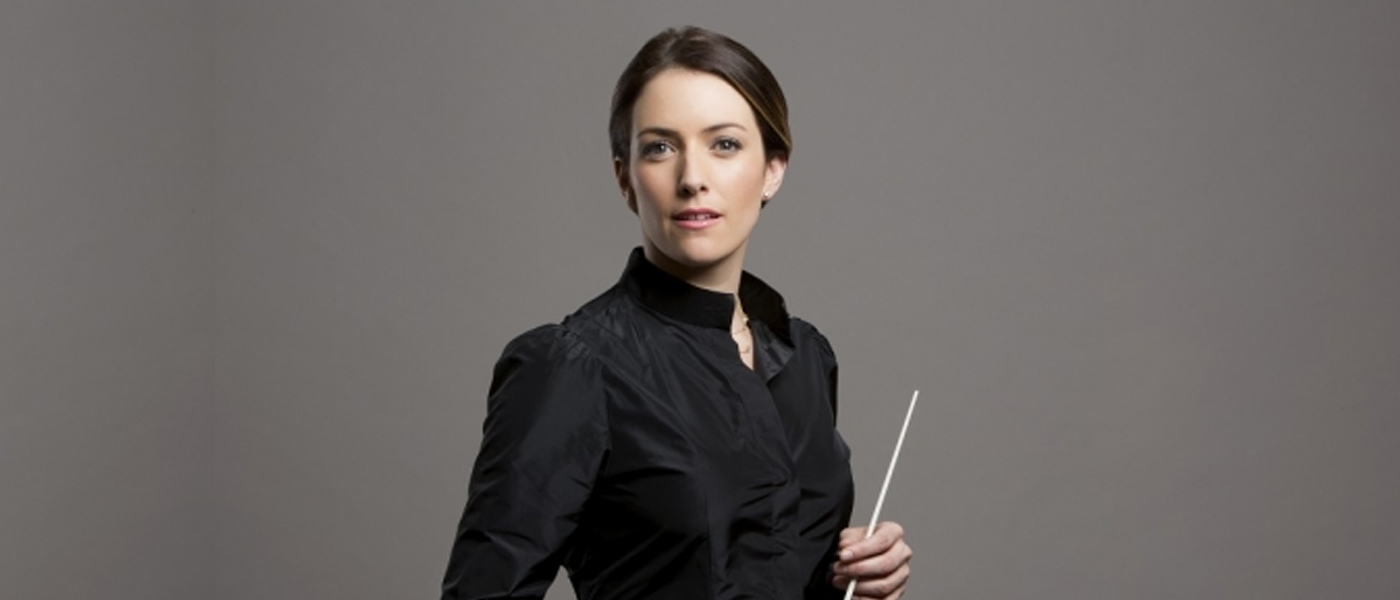Ever since he emerged a half century ago as music director of the Chico Hamilton Quartet, saxophonist Charles Lloyd has been at the forefront of jazz innovation. One of the first jazz artists to sell a million copies of a recording, which he made with a quartet that included a young Keith Jarrett, and two other legendary artists, drummer Jack DeJohnette and bassist Cecil McBee, Lloyd has done everything from jam with the Doors, The Grateful Dead, and the Beach Boys to birth a new music from diverse cultural and spiritual traditions.
In the early ‘70s, at the height of his first flush of success, Lloyd disbanded his quartet and commenced an inner journey and physical/spiritual cleansing in California’s Big Sur. Although he surfaced briefly in 1982, he finally re-emerged for good at the 1988 Montreux Festival, performing with the truly extraordinary pianist, Bobo Stenson.
Since 1989, Lloyd’s music has reached a wide audience thanks to his marvelous partnership with the ECM record label. His quartet’s latest extraordinary album, Mirrors, has him touring the globe.
I caught up with Lloyd in Barcelona. Once I mentioned that my usual province is opera and classical music, he took off. Exhausted from traveling, his free association telephone dialogue in many ways mirrored his magical musicianship.

JVS: My usual province is opera and classical music.
Charles Lloyd: I love opera. I love music, let me put it that way. But you just touched something that I like.
JVS: It’s hard for me to find the vocabulary to write about your music. When I read some of the criticism, what I discover is that most jazz critics just go off into poetry to try to describe what you do. That makes sense in a way. But how would you introduce your music with words to someone who doesn’t know it? Hah!
CL: Yeah, I’m not the one for that. I’d probably be a poet if that were the case.
I’m a music lover. All my life, the world didn’t make sense. When I heard music, it reverberated. I’m a spiritual seeker. I love spiritual life. That’s always been a parallel course, and of course they merge. Somehow the great mystics of the music have always touched me and elevated me. So inspiration and consolation have always been a guiding light for me.
I live in sound. When you mentioned sound, all that came flooding at me. I went to USC as undergraduate.
I grew up in Memphis around a really beautiful community of great geniuses and musical special folks. It was a place of the blues and all that, but there were also these great geniuses who had heard the music of Charlie Parker, Bud Powell, and Art Tatum, and had heard classical music too. They were modernists, and also inspired by the French guys, you know Ravel, Debussy, Saint-Saens, because of the dreaminess of the ninth chord.
I just grew up in a rich tapestry of music. When I graduated from high school, I went to California. Of course, I had great peers in Memphis. There was a pianist, Phineas Newborn, who was our J.S. Bach. He passed away too soon and all, but he was a mentor to me and put me on the right track. I had a great friend, trumpet player and composer Booker Little, who was a very great musician. There were many great musicians there.
Then I went to California in ‘56, where there these pioneering guys like Ornette Coleman and Eric Dolphy. That was a rich community. I went to college by day and played European classical music. Once Shostakovich came to USC and conducted his Fifth Symphony with us, when I was a clarinet player. I rarely ever talk about it, but it was great to see those sad eyes and see this beautiful soul who had written all this beautiful music.
Please forgive me. I’m exhausted, and I’m unintentionally sleepwalking you through my biography.
How would I describe my music? You know, freedom and wonder. Something happens with me. We just played four straight nights of concerts, and we were just in Greece right before that, mixing a recording. What I was trying to say is that the great creators in jazz music always presented that freedom and wonder to me with great wisdom of the ancients and modernity. All of that comes to the fore with me. I’m a dreamer, and I dream of a better world so to say. So I make these tapestries of sound. I come up through this rich tradition – the whole of the jazz canon – and I stood on the shoulders of all those greats.
On my recent recording, Mirror, I tried to give a tip of the hat to some of them, like Thelonious Monk. I had an invitation to play with him as a young man, and I flubbed it because I didn’t understand intermediaries. His manager called and said, ‘Why don’t you go up to Thelonious’ house and play with him.’ He was a deity to me, so I wasn’t about to just go up there. And he was quite an eccentric. I just played two of his pieces on the last recording. There are some of my original compositions, and I also visited some of the spirituals I grew up with in the South. Like “Lift Every Voice and Sing,†an old Negro spiritual. I had recorded it before, but we deconstructed it and did something quite wonderful with it.
I’m also moved by the music of India, and the rhythms of Africa and the world. I may be eclectic, but I still come from this rich tradition. I’m not trying to vere off course, but I just have a wide musical palette. I don’t know how to put myself into a box. I just don’t know how to do that.
I’m just a sound seeker. It’s like this creator has this carrot on a stick thing. I get closer to the sound I’m seeking, and he says, ‘Not yet, Charles.’ And I keep humility intact, and I’m interested in elevation. But essentially, we go to make music every day, and it’s a great blessing for me. I can be fatigued, as I am now from all this plane travel, but when I get to make music, something happens, and wakefulness is apparent. It’s a great blessing.
JVS: This is absolutely wonderful. I’m in love with you already.

CL: [Laughing] How could you be? I’m here, sitting on the bed… of course, I’m overlooking a beautiful horse facility, looking out to sea on my floor in Barcelona. It’s not too bad.
Have you been to Alhambra or Grenada?
JVS: No.
CL: You must put Alhambra on your list. You go to Grenada, and then you go up into the hills to Grenada. It’s amazing.
You know, I’ve been all around the world. But what they did up there is incredible. It’s very moving, so I had a very moving experience this morning. We had a guided tour of all the gardens and palaces. The gardens are all amazing, and all the intricate carvings. You know, Islam doesn’t directly deal with deities in face and form, but these carvings and such are so beautiful. I’m still very moved from that experience this morning, yet here I am, sitting here, kind of blithering. I appreciate your interest and care.
JVS: May I assume every time you do one of these pieces in concert, it’s different?
CL: Yes. They’re designer. They won’t be the same the next time.
I love that about this so-called indigenous art form called jazz, because there’s something that you can [mold]. Plus, I have this wonderful orchestra with me of three other guys who like to go up on the high wire with me. There’s this intelligence, and surrender, and trust, and lots of love in the air. These guys do just wonders.
At this stage of my life, you would think that I’d be in a rocking chair or something. No way. I’m 72. Something happens in my life. I had this great friend, Booker Little, the trumpet player that I mentioned earlier. He was a great seer. When I first arrived in New York, I was ready to jump into the fast lane. I’d been in California and all that. When I first arrived, I stayed in a musician’s hotel across from Birdland at 52nd… somewhere in the area. He happened to be playing. Pardon me for the aside. So I go down and said, ‘Booker, I’m here.’ You know, we had grown up together. And he said, ‘Where are you staying?’ And I said, ‘At the Alvin.’ That’s the hotel where Lester Young died.
He said, ‘No you’re not. Go pack your bags. You’re coming home with me.’ He lived up on East 92nd St. across from the Y. He took me home, and he just straightened my head and heart about not destroying myself.
Of course, the destruction came anyway, but he left me a wisdom. He said something really beautiful: ‘It’s really not about that. It’s about character.’ And there he was, 22 or 23, talking to me like that. Young men don’t usually have that kind of foresight.
And so, years later, after I had crashed and burned in New York and picked myself back up and decided to go back to California and do some healing – I had become a vegetarian by that time – tragic magic and all that stuff had gotten me earlier. The stuff was rampant when I was a young musician in New York, but I had to move forward without chemical assistance. So when I got back to California, I lived that Thoreau notion of simple living and high thinking. I cleaned up and got really simple.
What I’m trying to address is that the better my character becomes, and the less I’m carrying, the better my sound and tone. I get all these blessings, and over the years, all these incredible musicians continue to come to me and want to serve with me. So that’s like being chosen. That’s a great blessing.

I have this great friend, Billy Higgins, who was one of the greatest drummers ever, and on his deathbed in 2001, he said, ‘We have to keep working on this music.’ And I said, ‘You have to get off this bed and come back and play with me.’
He said, ‘No, I didn’t say I’ll be there, but I’ll always be with you.’ And a few months later, he sent me the young drummer who’s playing with me now, Eric Harland, from the other shore. Billy left in May of 2001. In September, I was in New York, and I heard this young drummer, Eric Harland. I said, you know, we’re to play together, and he said, oh man. And so he’s been with 9 or 10 years by now.
Then he brought this bassist Reuben Rogers. I was looking for more elasticity in my music, because there’s something about the pulse. You don’t want to be rigid, you know. For young people to have that concept and understanding of how to deal with the pulse and free it… because you know, music happens in time, but it obliterates time, because there is no time when the music is happening. So I need musicians who can walk that tightrope with me and walk those waters.
I call it elasticity. Rigidity in life is no good period. Folks have to realize that there’s heart. That pulse we all beat at a different time. But the personal becomes universal when the truth is told and someone can receive it. But you first have to have it in order to receive it. I don’t know what to say about this rigidity that happens in music. The thinking that only my watch keeps perfect time doesn’t work for me.
So now we are in the sunset or sunrise, and I have another historical great group. It’s quite magical that could happen. I still attribute this to humility and service. You can go so far with the techniques and the knowledge, but until your heart surrenders and you find a direct road to the creator, I don’t know that your song has the resonance it could have.


